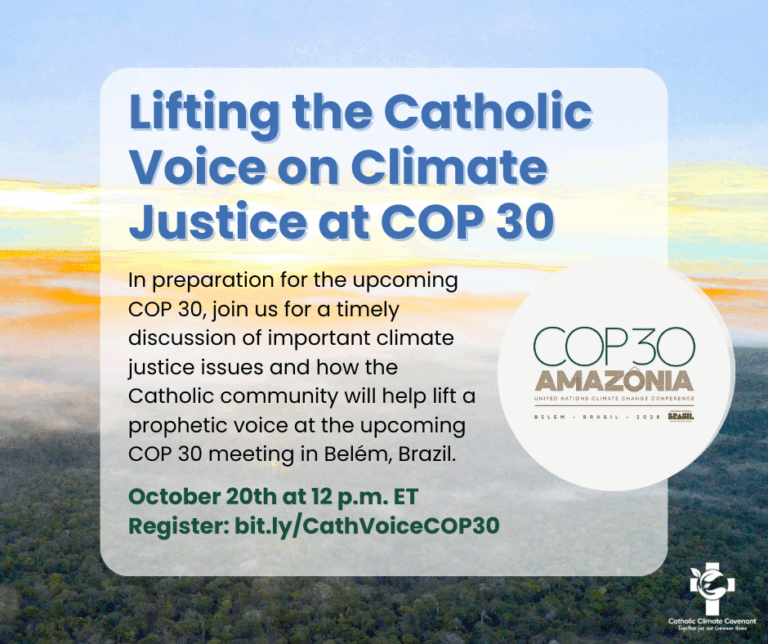The following blog was written by Robert Christian and published Oct. 17 by Millennial. You can read the original post here.
No Catholic voter guide can replace the prudence that responsible citizens must exercise when they vote. But here are five reminders for Catholic voters this election season:
- Vote for the common good. For Christians, political participation is about translating our love for all people and solidarity with them into social justice. Christians are called to vote for conditions that allow each person to flourish as whole persons. In virtually every election, there are no perfect candidates whose views and values completely mirror our own, but there is still a responsibility to vote to advance the common good (or even to mitigate movement away from the common good). Voting is not an exercise in expressive individualism. It is not about purity, but practicality. And it is not about self-interest, enlightened or otherwise, though our own experiences can highlight important matters. When we vote, we are called to advance the integral flourishing of all people.
- Exercise the option for the poor and vulnerable. Our first thought as voters should be: who best protects the weakest, poorest, most vulnerable people in our country and around the world? We value the well-being of all, but we know the rich and powerful will have little trouble having their voices heard and interests protected. We are called to stand with those who are ignored, excluded, and discarded. We are called to resist the throwaway culture and replace it with a culture of inclusion and solidarity. That starts by thinking about the poor and vulnerable and prioritizing their flourishing.
- Safeguard democratic institutions. Human persons have a God-given right to participate in their social, political, and economic institutions. Authentic democracy best promotes this and, of all forms of government, most aligns with our dignity as persons. Imperfect democracies (with deteriorating democratic norms and plutocratic elements) are still worth protecting and strengthening. Delusions that an unfettered executive or wannabe dictator will fix the problems that afflict the nation must be set aside. It’s not mere proceduralism to defend democratic institutions. It is a vital way to ensure the peaceful resolution of conflict and promote participation, key components of the common good.
- Character matters. The defenders of low standards and bad behavior may accuse you of being puritanical, but character matters. If a person is dishonest, immoral, and otherwise lacking in character (in previous office, interpersonal matters, business, etc), they are not fit to be a public servant. The integrity of the candidates is a salient, important consideration. We desperately need public servants that are willing to do what they believe is the right thing for the right reasons. To establish basic trust in our government, we need to elect people worthy of our trust. Don’t ignore bad behavior. Character counts.
- Consider intergenerational responsibilities and justice. We are called to correct the mistakes of past generations, continue the progress they made, and safeguard our vital inheritances. At key moments in American history, like those who stormed the beaches of Normandy to repel the Nazi menace, young people have sacrificed their lives—getting married, having children, and the simple joys associated with such things and life itself—to protect freedom and democracy. Their sacrifice must not be squandered. The challenges that so many of us face today—such as the high cost of housing, childcare, higher education, and healthcare—must be fixed so that future generations can avoid many of the difficulties we face today. And we must protect the natural environment and give future generations a planet that is not decimated by crises brought on by global climate change. We must fulfill our responsibilities to these future generations.


